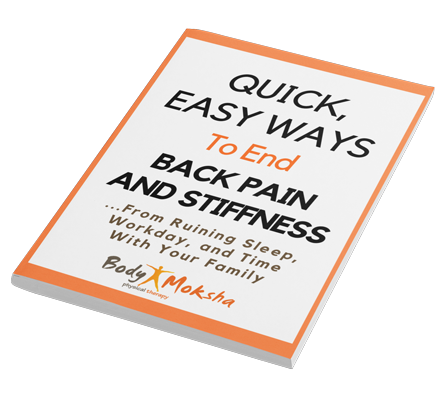Triathlon season has finally come to an end. Now what? Some of you may be training for a marathon…and some of you may be continuing to train, just not as hard and with less pressure. But is there anything else you could be doing to prepare you for your next season? Maybe you’ve signed up for your first Olympic, or your first 70.3, or your first Full IM! Will your body be ready? […]
I’ve been working with competitive triathletes for the past six years and every time I ask them what their plan is for the off-season they respond by saying, “I’m going to swim, bike, and run and maybe do a few ‘fun’ 5K runs”. The majority of triathletes think that swimming, biking and running is already cross training enough, so their risk of injury is low. This may be true if you are training for a short course race, but not a long course race. The truth is…the majority of injuries happen when the muscles are fatigued. When muscles and tendons get fatigued towards the end of your training run or end of your race, they’re just not as good at resisting the impact of your body landing on the pavement. This is when the ‘fatigued’ muscles and tendon’s capacity is less than the demand required…and this is when most athletes get injured.
The number one way that triathletes can protect themselves from injury is by strength training during the off-season. By strength training I don’t mean doing a boot camp class, or joining CrossFit, or just lifting some weights at the gym. By strength training I mean real strength training using kettlebells, dumbbells, barbells, and trap bars and performing meaningful movements that will train your body’s ability to meet the demands of long course training and racing. The amount of load that the body is put through during triathlon training is enormous, almost 2 times your body weight! This is why it’s so important to strength train consistently (so you can benefit from the training) and over time progress to lifting heavy loads which are 1 to 2 times your body weight.
Depending on your experience with weightlifting, everyone’s starting point will be different. Further, the rate at which you can increase the weights will also vary depending on a number of variables including past injuries, lifting experience, and technique.
At Body Moksha Physical Therapy, we create a customized strength training program for our athletes to build resilience in tissues to mitigate injury. The off-season is the golden time to get your body ready for your next season. If you’re goals are to race a longer race, PR on your next race, or race without injury, strength training is your magic dust to get there.
As always, reach out to us with any questions or if you need guidance to decide what your strength training program should look like. Call or text us at 973-310-2678 or email us at tejal@bodymoksha.com and we’ll be able to get you organized for this off-season!

Author:
Tejal Ramaiya
Body Moksha Physical Therapy
We Help Active Adults Who Are Frustrated With An Injury Or Pain And Missing Their Workouts Get Back To Being Consistently Active So They Can Lead A Healthy And Fulfilling Life.
FREE REPORTS
"Where does it hurt?"
Tell us and we'll send you our best advice in a FREE tips report. Look below and find the one that's best for you:


